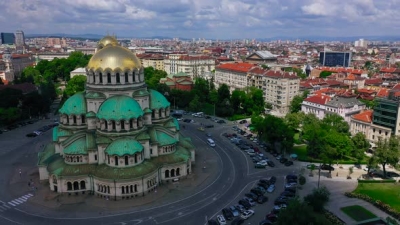
Bulgaria is a Balkan nation encompassing the Black Sea coastline. Its culture is deeply rooted and defined by Greek, Slavic, Ottoman, and Persian influences. Its capital city is Sofia, and the official language is Bulgarian. Bulgaria is a unitary state with a centralized structure. It consists of 27 provinces and a metropolitan capital province and adheres to a parliamentary republican system.
Bulgaria has been a member country of the EU since the 1st of January 2007. The road to EU accession was never an easy one for this nation. Bulgaria started its journey later than other countries in post-communist Europe. Economic and financial instability prevailed in the country during much of the 1990s. The timely intervention of the World Bank and the IMF by introducing reform packages, together with financial support from them, went a long way in stabilising the economic and financial crises. This helped the nation to focus its agenda towards EU membership.
Bulgaria’s EU membership has tremendously boosted its economic infrastructure. As a result, the country’s EU membership enjoys high levels of public support despite some amount of initial Euroscepticism. Although Bulgaria uses the Bulgarian lev for its currency, its government has confirmed the country’s plans to adopt the euro as its official currency on the 1st of January, 2024.
The country holds 17 seats in the European Parliament and has 12 European Economic and Social Committee representatives. Bulgaria is one among the five EU countries that are not part of the Schengen Area. The other four are Croatia, Cyprus, Romania, and Ireland.
Picture Credit : Google




